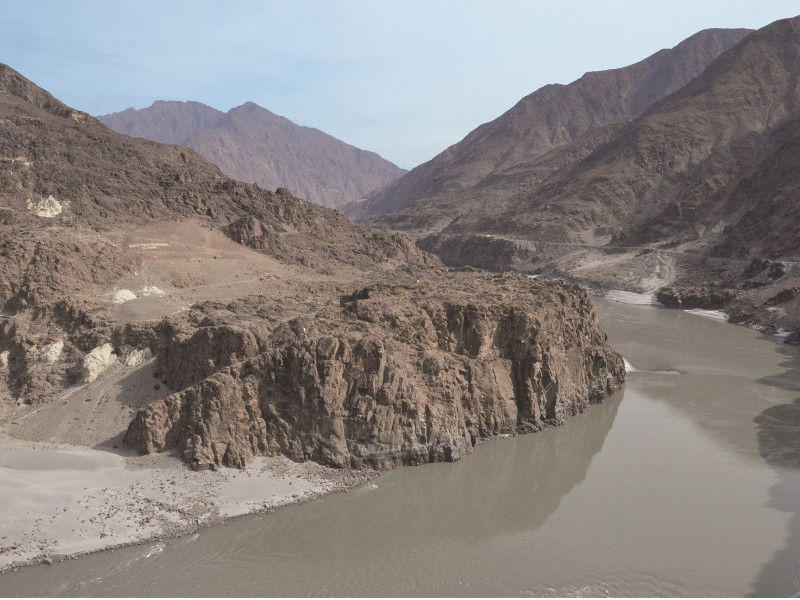LAHORE, Feb 28 (APP):The Water and Power Development Authority (
WAPDA) has signed a contract worth Rs. 46.5 million with the Quality Solutions Technologies (Pvt) Limited to seek consultancy services for digitalisation of significant ro
ck carvings in direct area of impact of Diamer-Basha dam with modeling and preparation of data for 3D printing.
The major scope of services include site documentatio
n through terrestrial scanner and consolidation as well as archiving and modeling of scanned data for various applications. The duration of the contract is eight months.
A
WAPDA spokesman said here on Wednesday that General Manager Diamer-Basha Dam Project Nazakat Hussain and Director Business Development Quality Solutions Technologies Saad Ahmed Khan signed the agreement on behalf of their org
anisations at a ceremony, held in this regard. Member (Water)
WAPDA Jawaid Akhtar Latif, Chief Executive Officer Diamer-Basha Dam Company Amir Bashir Chaudhry, Advisor
WAPDA Cultural Heritage Management Feryal Ali Gauhar and Chief Engineer (Contracts) Diamer Basha Dam Project Abdur Rashid were also present.
The Diamer-Basha dam project is being constructed in Northern Pakistan, which serves as a repository of rich cultural heritage comprising immense number of ro
ck carvings.
WAPDA is implementing Cultural Heritage Management Plan in Diamer-Basha dam project area with a view to fulfilling its national and international obligations in this regard. The plan aims at preservation of pre-historic ro
ck carvings and inscriptions to be submerged in water reservoir of Diamer-Basha dam, setting up a museum and promotion of cultural tourism in Gilgit-Baltistan, particularly in Chilas and its suburban areas.
The Cultural Heritage Management Plan of Diamer-Basha dam project recommends digital preservation of 175-200 most significant ro
ck carvings, which represent various historic periods and aesthetic style. The ro
ck carvings, which are being preserved, were short-listed by the international consultant and former director of the Pak-German Archaeological Mission Professor Dr. Harald Hauptmann.
